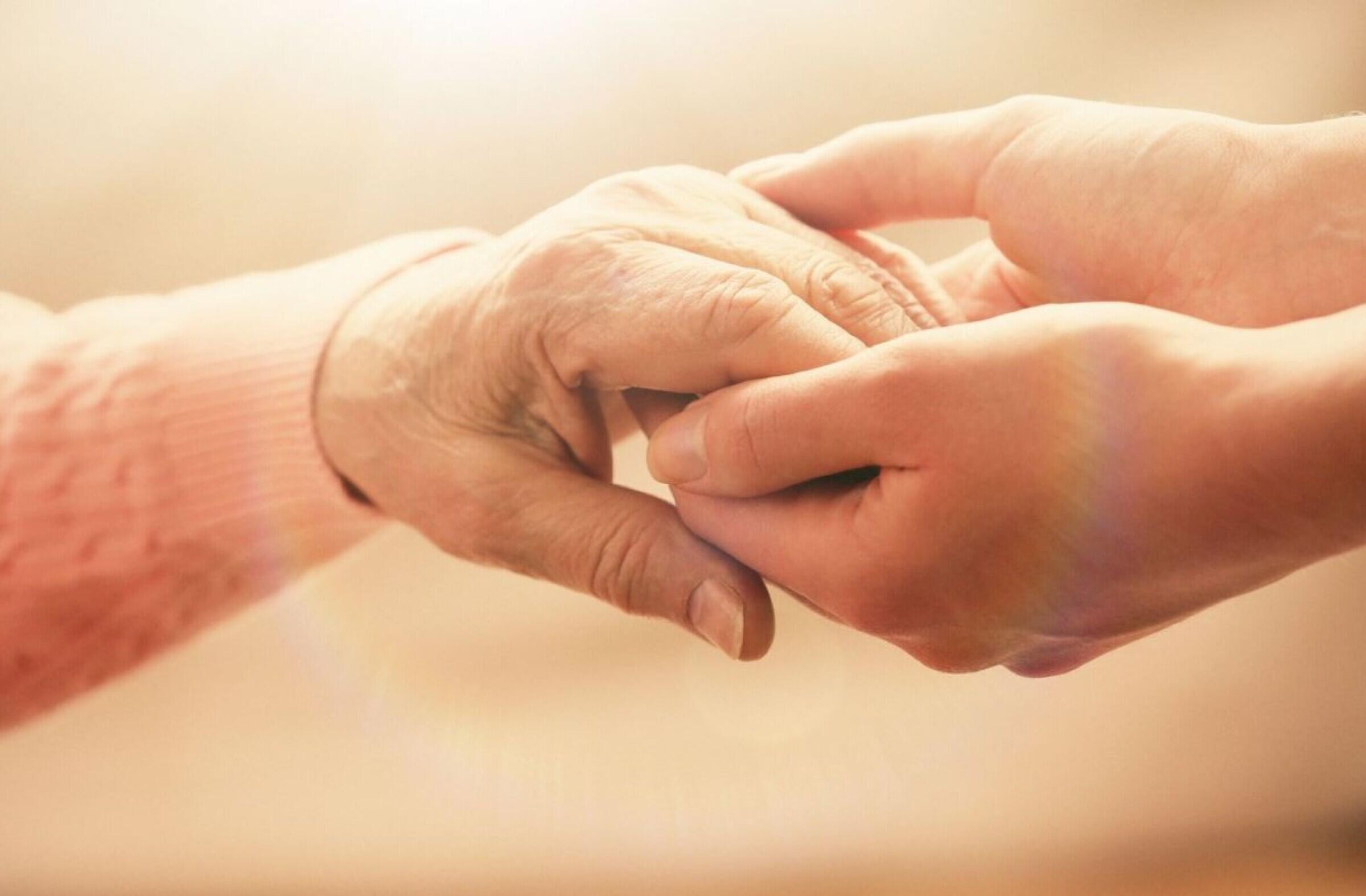
This fall, our society is once again facing challenges and constraints related to the coronavirus pandemic. Following the declaration of a state of emergency in the Czech Republic, the SKODA AUTO Endowment Fund has launched a second round of the Crisis Fund, which plans to support public benefit organisations in the Mladá Boleslav region with more than CZK 900,000.
Even under the new, more difficult conditions, public service organizations are standing on the front lines and continuing to help those in need, just as they did in the spring. They are the ones targeted by the programme to mitigate the direct and indirect impacts associated with the coronavirus pandemic and to support the maintenance of their activities.
In an effort to help overcome the negative effects of the coronavirus pandemic, we have so far this year provided targeted support to 13 public benefit organisations through the SKODA AUTO Endowment Crisis Fund, distributing almost CZK 600,000 to them.
In the newly opened 2nd round of the Crisis Fund, organizations operating in the Mladá Boleslav region in the field of health and social care, education or ecology, as well as humanitarian and charitable organizations, have the opportunity to reach a total of more than CZK 900,000.
In particular, the money should be used by organisations to introduce new approaches and technologies or to adapt their activities to changing conditions. The minimum amount of the grant is CZK 25 000 and the maximum is CZK 50 000. However, in the case of an exceptionally beneficial project, it is possible to grant support above the upper limit.
Applications must be submitted electronically in the first wave by 30 October 2020, and in a possible second wave by 30 November 2020.
Further information and all the documents needed to apply can be found here.
The Crisis Fund is not the only form of support for public benefit organizations in the Mladá Boleslav region that we are preparing for the end of the year. We are working on a grant programme promoting healthy lifestyles, in which the residents of the region could decide whether to support projects themselves, or on calls to support civil society.